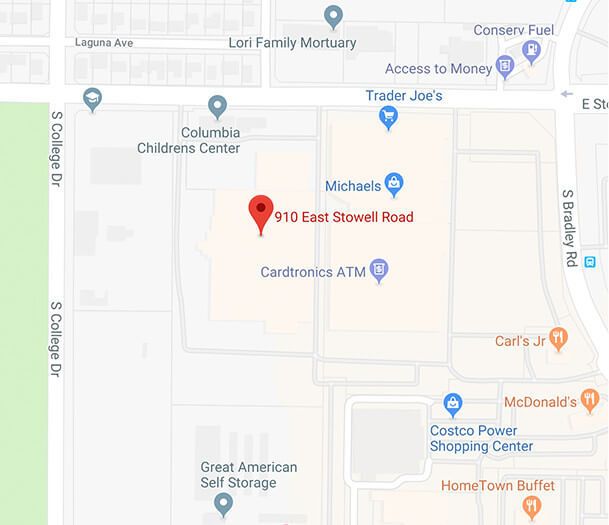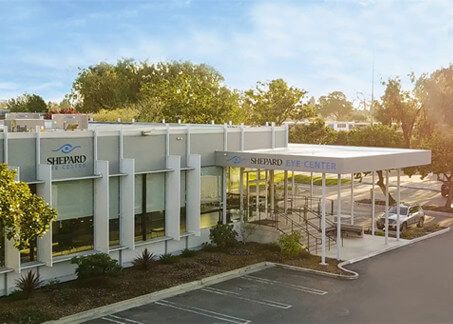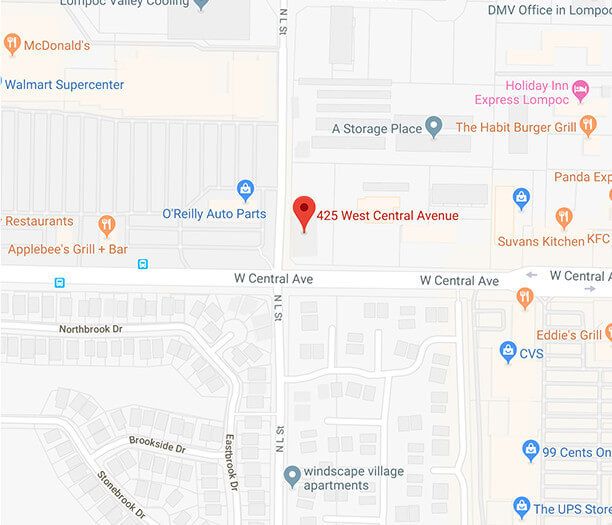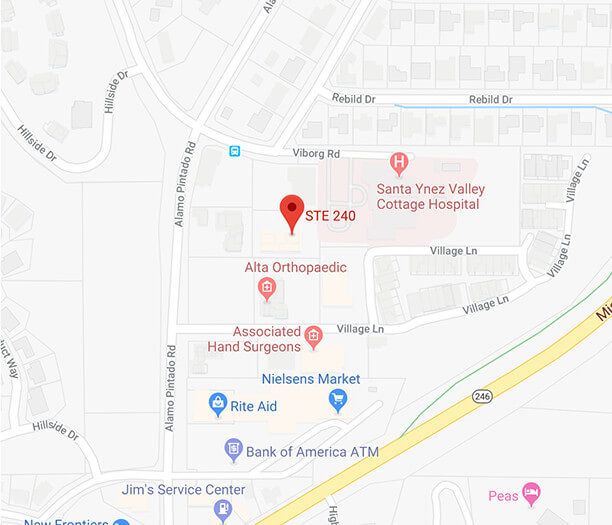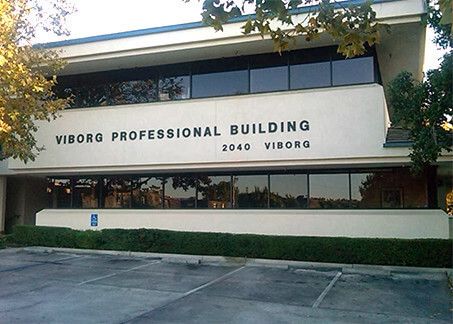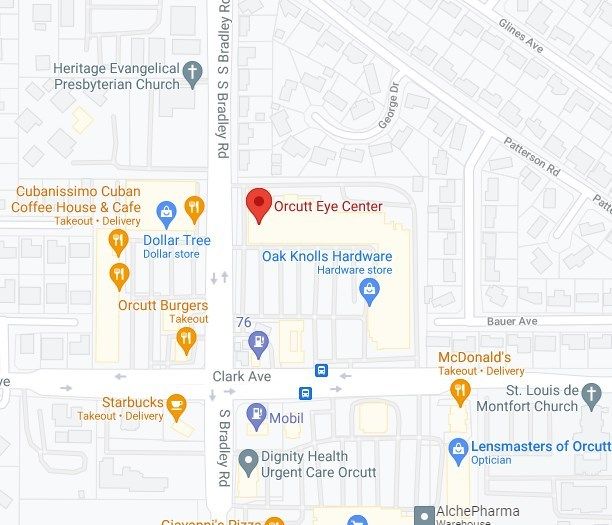
If you have cataracts, you may be curious about how to treat them. Cataracts make your vision cloudy. They occur when the eye lens proteins clump together and harden over time. They can affect anyone, but they are more common in older adults.
Cataract Surgery
Cataract surgery is the most effective method to eliminate cataracts and regain clarity of vision. It involves replacing the cloudy lens with an artificial one. While cataract surgery is an effective procedure, it can also have some risks and complications.
That is why researchers and doctors are always looking for ways to improve cataract surgery technology. Their goal is to make it safer, quicker, and more accurate and personalized for each patient.
Laser-assisted Cataract Surgery
The introduction of laser is one of the most significant breakthroughs in cataract surgery technology. Laser-assisted cataract surgery is controlled by a computer to do the following:
Making a small incision in the cornea
Softening and breaking up the cataract
Creating a circular opening in the capsule that holds the lens
Using a laser makes these steps more accurate and less invasive than using a blade or a needle. It also reduces the energy and time required to remove the cataract. It decreases the chance of problems like inflammation, swelling, and infection.
Laser-assisted cataract surgery can make the surgery better. It can align the artificial lens better and lower astigmatism. Astigmatism makes vision blurry because of an uneven cornea. Laser-assisted cataract surgery can fix astigmatism by cutting and reshaping the cornea.
Advanced Intraocular Lenses
Another significant improvement in cataract surgery technology is the creation of advanced intraocular lenses (IOLs). IOLs are synthetic lenses that replace the natural lens following cataract extraction. There are different types and designs to match various needs and preferences.
Some of the advanced IOLs available include the following:
Monofocal IOLs
These standard IOLs provide clear vision at one distance, usually far. They cannot fix other vision issues like nearsightedness, farsightedness, or presbyopia. Presbyopia is a condition that causes difficulty in seeing close objects due to aging. Patients who choose monofocal IOLs may still need glasses or contact lenses for near or intermediate vision.
Multifocal IOLs
These provide clear vision at near, intermediate, and far distances. They work by splitting light into different focal points on the retina. After cataract surgery, they can rectify presbyopia and diminish the dependence on glasses or contact lenses.
Toric IOLs
These correct astigmatism as well as distance vision. They have a unique shape that matches the shape of the cornea and compensates for its irregularity. They can provide sharper and clearer vision than monofocal IOLs for patients with astigmatism. However, they do not correct presbyopia or near vision problems.
Accommodating IOLs
These mimic the natural ability of the lens to change shape and focus on different distances. Their flexible design allows them to move slightly inside the eye in response to muscle contractions. They can provide clear vision at near, intermediate, and far distances without glasses or contact lenses.
The choice of IOL depends on many factors, such as your eye health, lifestyle, expectations, and budget. Your eye doctor can assist you in choosing the best type of IOL for you.
Conclusion
Cataract surgery technology has advanced a lot in recent years. It makes cataract surgery safer, faster, more precise, and more tailored for each patient. You may benefit from these advancements in cataract surgery technology if you have this eye condition.
For more on cataract surgery technology, visit Shepard Eye Center at our offices in Lompoc, Santa Maria, Orcutt, or Solvang, California. Call (805) 793-1800, (805) 667-0100, (805) 937-9532, or (805) 410-9998 to book an appointment today.









